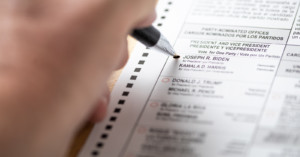
Federal Judge Blocks New Georgia Law Banning Photos of Voted Ballots
A United States federal judge has found that a part of Georgia's new sweeping election laws that broadly prohibits taking photos of voted ballots is likely unconstitutional.

A United States federal judge has found that a part of Georgia's new sweeping election laws that broadly prohibits taking photos of voted ballots is likely unconstitutional.
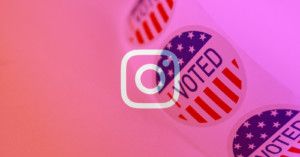
In an attempt to prevent the "real-time spread of potentially harmful content" through its platform, photo sharing app Instagram has temporarily removed the "Recent" tab from hashtag pages ahead of the US Presidential election.
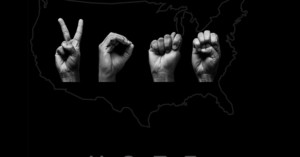
An anxiety-ridden nation trepidatiously waits as November 3rd and the 59th presidential election rapidly approaches. And with so many absentee ballots already dropped off in ballot boxes or mailed — not to mention wild stories of hours-long waits for eager early voters — early voting data suggests that voter participation in this election is set to make history.
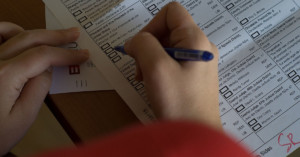
If you're planning on taking a selfie with your ballot this November—whether it's to trumpet your political allegiance to the world, or just to celebrate the right to vote—hold on a second. Because if you live in one of several states, you might be committing a felony.
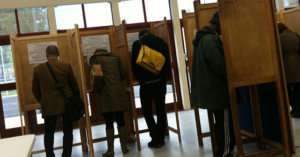
In September 2014, a new law in New Hampshire made it illegal to take a photograph within a voting booth in the state. If you decided to share a photo of yourself and your ballot, the state could have issued you a fine of up to $1,000. Today a judge struck down the law in response to a lawsuit filed by the American Civil Liberties Union (ACLU).
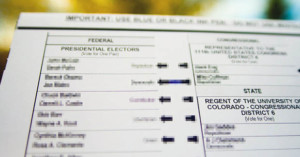
As you make your way to polling places today to cast your votes, you might want to look into your state's laws before pulling out your camera and snapping photographs inside your voting booth. Certain states have pretty strict laws with regard to snapping and sharing photographs of ballots. Earlier this year, Wisconsin election officials specifically warned voters that sharing photos of ballots on Facebook or Twitter is a Class I felony, punishable by up to 18 months in prison and a $10K fine.